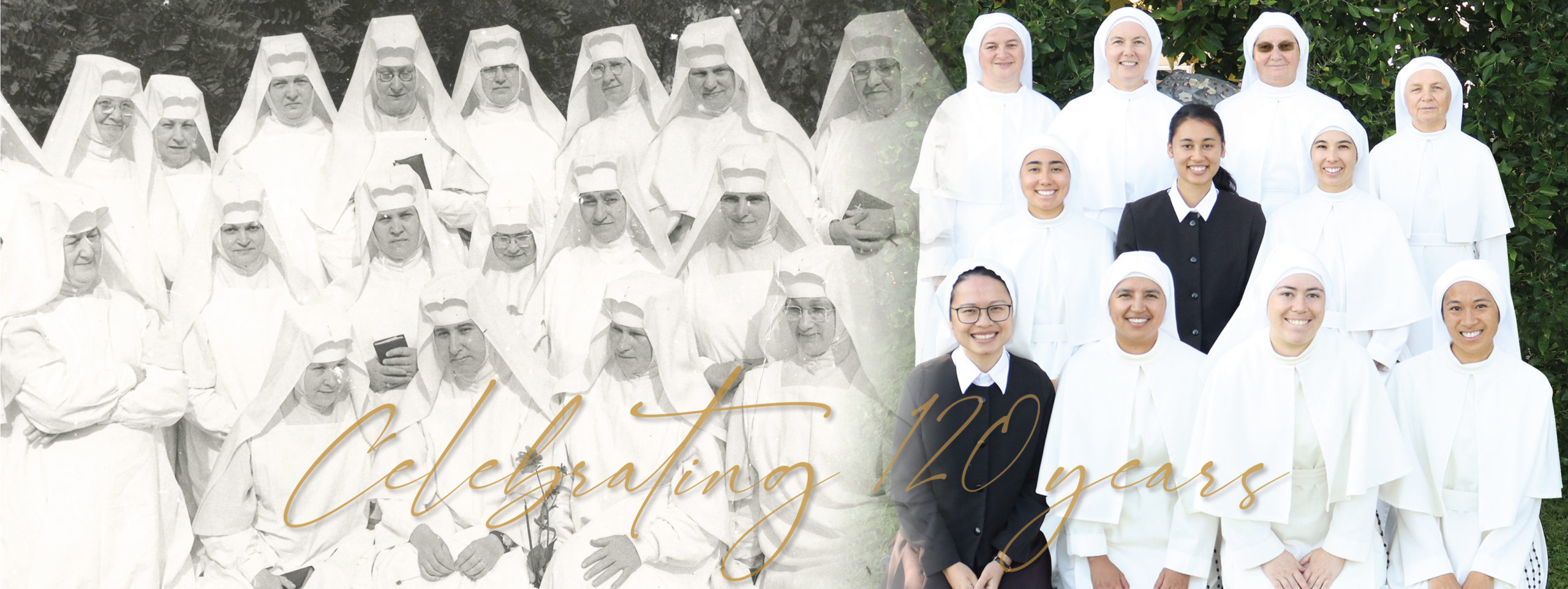
The Congregation of Norbertine Sisters was established in 1902 in the Czech Republic by a Norbertine priest, from the Abbey of Strahov in Prague, named Fr. Vojtech Frejka. He desired to renew the Norbertine way of life in that region due to the abolishment of cloistered Norbertine canonesses in 1782 during the reign of Emperor Joseph II. Fr. Frejka began this inspired mission by first reviving the Norbertine Third Order in 1897. The Third Order community certainly prepared the grounds for new vocations. Yet, Fr. Vojtech still had to wait for more than 20 years before it bore any fruit. Finally, in March 1900, after much prayer and patient endurance, the first vocations arrived!
Fr. Frejka brought these young women to a cloistered Norbertine monastery in Krakow, Poland where he entrusted them to the care and guidance of Mother Michaela Andrusikiewicz. She was the novice mistress of the monastery at that time. After receiving formation, they were vested in the white Norbertine habit in Svaty Kopecek, Czech Republic on April 27th, 1902. Mother Michaela would join them several months later. Not long after, they began to receive many new vocations. By the year 1939, the Congregation had grown to have 153 sisters, 67 of them originally from Slovakia. Several generous benefactors also helped the sisters to build a mother house in Vrbove, Slovakia. However, not long after the beautiful flourishing of the community, World War II began.
By 1948, one of the main enemies of the communists was the Church. In April of 1950, active priests were outlawed and put on trial; 881 priests and male religious from eleven communities were suppressed and put into concentration monasteries or work camps. Many worked in either steel mills or mines. In August of the same year, the communists removed sisters from schools. Religious sisters from various communities were sent to “concentration convents” where they were crammed together and forced to work in factories and fields. The only apostolate the sisters were allowed to continue was working with handicapped children because they believed that the sisters would have minimal religious influence. The property and documentation of the sisters were confiscated, and there were many attempts by the communists to persuade, bully, threaten, and bribe the sisters to leave religious life and take off their religious habit. The communists hoped all of this would break the spirit of the sisters. Nevertheless, by the grace of God, all remained faithful.
